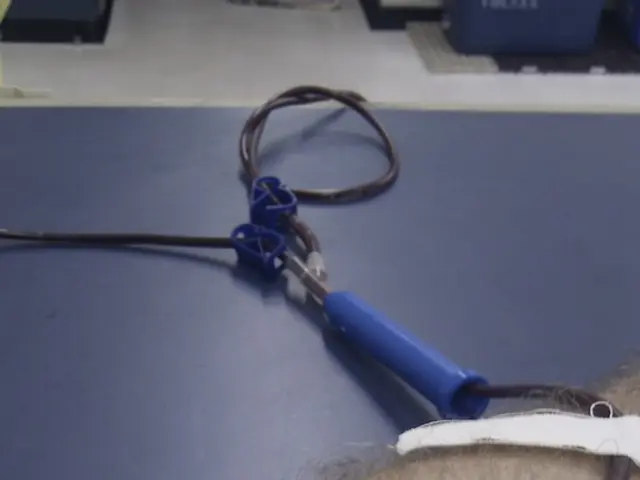Alert Issued for Heatwave Conditions
In light of weather forecasts from the Portuguese Institute of the Sea and Atmosphere (IPMA), the Directorate-General for Health (DGS) has issued several health advisories for the ongoing heatwave in mainland Portugal. The DGS advises the public to consume water regularly, avoiding alcohol, and to protect against sun exposure.
According to the DGS, sun exposure should be avoided during peak hours, between 11 am and 5 pm. Recommended precautions include the use of sunscreen with a high SPF, protective clothing, wide-brimmed hats, sunglasses, and seeking shade when possible.
The DGS also highlights the need for special attention to vulnerable groups, such as chronic patients, children, the elderly, and those with reduced mobility. Furthermore, the public should stay informed about weather conditions to take necessary precautions and keep vulnerable individuals in cool environments for at least two to three hours a day.
To combat the heat, the DGS suggests eating cold, light meals more often during the day, working outside with another person, closing blinds during peak sun hours, and allowing air to circulate in the evening. They also recommend staying hydrated by drinking water throughout the day and establishing cooling centers for those without access to air conditioning.
Over the weekend, the IPMA warned of a gradual rise in temperatures with an increased danger of rural fires in some municipalities, such as Setúbal, Évora, Beja, and Lisbon. The hot and dry weather is attributed to a mass of hot air from North Africa, leading to very high values on the ultraviolet radiation index.
To mitigate the health impacts of the current conditions, the public is encouraged to follow these guidelines and stay updated on weather forecasts and precautions from the relevant authorities.
In the midst of this heatwave, environmental-science students studying meteorology in Portugal might find it an interesting case study, delving into the factors leading to the increased danger of rural fires, such as the hot air from North Africa and the high ultraviolet radiation index. Meanwhile, individuals prioritizing health-and-wellness, whether residing in Portugal or elsewhere, should heed the advisories from the DGS and IPMA, staying updated on weather conditions, seeking shade, and consuming plenty of water, making sun protection an essential aspect of their daily routine.








